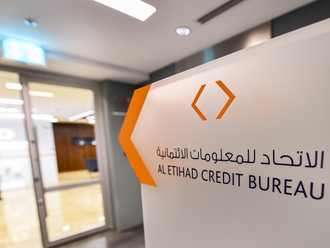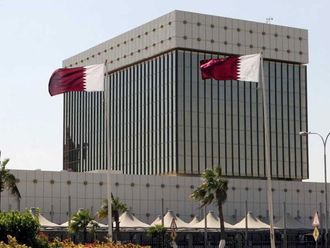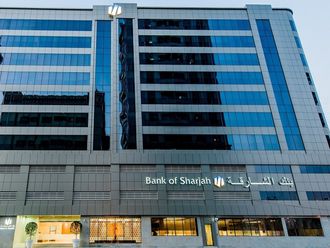Dubai: Oman plans to use Islamic banking to reduce its dependence on oil, a central bank official told Gulf News on Wednesday.
The country derives 80 per cent of its revenues from oil,
“The government will embark on projects which create employment opportunities, which will move away gradually from the oil sector. The country will layout its plan to reduce the dependence on oil sector before the end of next year,” Hamood Sangour Al Zadjali, executive president of Central Bank of Oman told Gulf News.
The central bank has licensed two major banks to be Islamic banks, and also allowed six commercial banks to open Islamic windows. Additionally the government is also planning to issue a sovereign sukuk worth $500 million (Dh1.84 billion) next year.
Oil prices had fallen about one per cent over the past two sessions, reacting to a looming contango in US crude and Goldman Sachs’ cut in its price forecast due to higher projected supplies. Fears of growing US oil shale supply and OPEC’s apparent reluctance to cut its own output have caused prices to fall about 25 per cent since the end of June.
“We are worried about falling oil prices and it is a temporary phenomenon and soon oil prices will regain its strength,” said Zadjali.
Oman was the last nation in the six-member Gulf Cooperation Council to introduce Islamic finance, publishing rules for it in 2012. The introduction of a central Sharia board could now speed up product development, limit costs for Islamic banks and facilitate issues of sukuk.
The central bank appointed five members to its sharia board, which will have direct oversight of Islamic banking institutions, similar to the approach taken by regulators in Malaysia, Pakistan, Morocco and Nigeria.
Pent-up demand
Oman’s rush to Islamic banking could be attributed to initial euphoria and pent-up demand for Sharia-compliant finance, but while growth has slowed in the second year.
Islamic banking assets are expected to reach $7 billion or 10 per cent of the total banking assets from the current 4 per cent as of June 2014.
“To achieve this, there needs to be continued government support to facilitate effective operations of Islamic banks, including provision of solutions for liquidity management,” according to ICD-Thomson Reuters Islamic Finance Development Indicator.
Oman’s Islamic Finance industry is the world’s third most developed, behind Malaysia and Bahrain.
“The Central Bank of Oman is actively working with the government on a possible early sukuk and the government’s response has also been positive, plus a task force has been set up with the CBO to look into new liquidity management tools and external consultations has also been sought,” Al Zadjali had said earlier in May.
“Apart from Islamic liquidity management, the challenge is in tackling long-term funding requirements, as our flagship product is home finance with long-term maturities. Subject to regulatory approvals, Meethaq is considering issuing sukuk, which will be first sukuk of any Islamic bank in Oman to address the long-term funding requirement,” said Sulaiman Al Harty, group general manager at Meethaq Islamic Bank.












